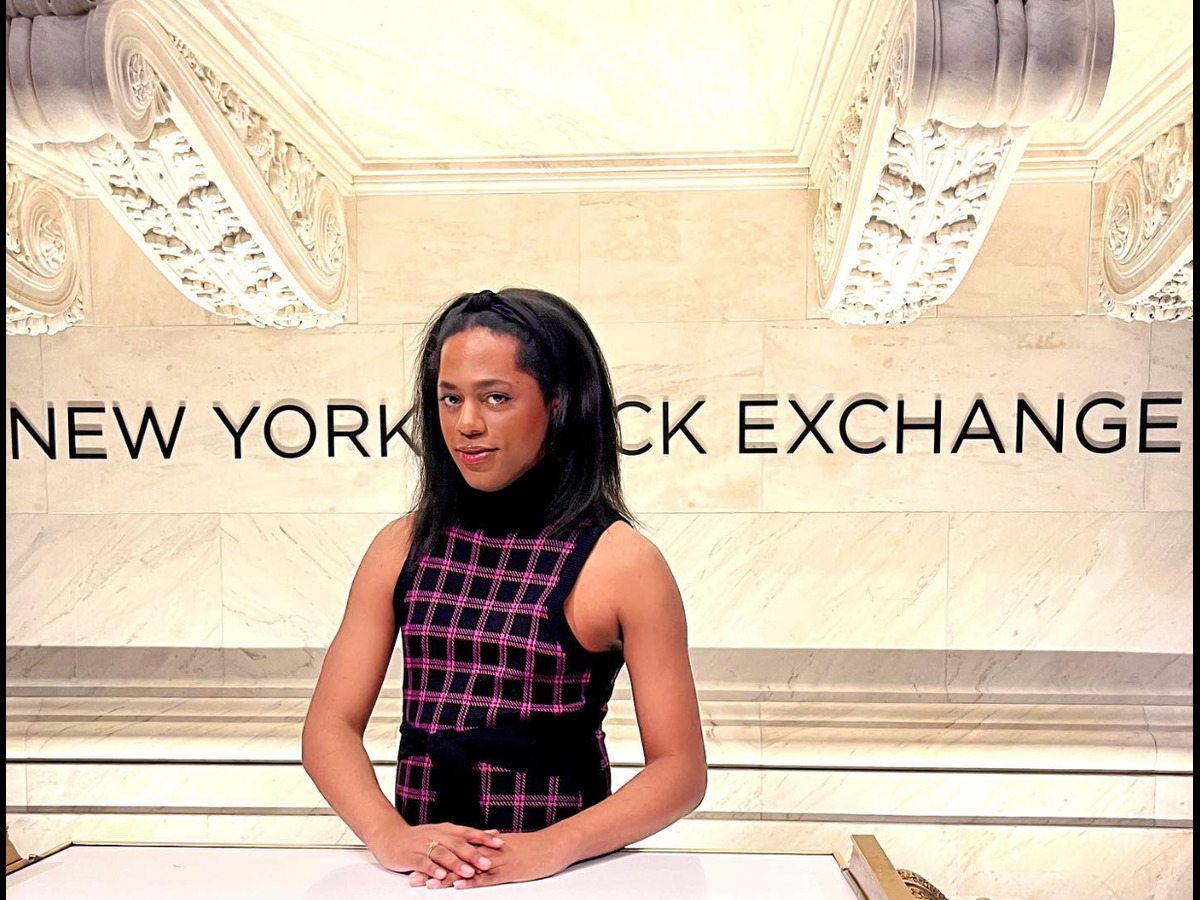Tiana Tukes first wanted to pursue a career in journalism but she switched to finance upon suggestions from friends. One of those who influenced her career shift was Arlan Hamilton, founder of Backstage Capital, a firm that helps start-up founders who are women, people of color, and/or identify as LGBTQ.
“I met her not too long after I graduated from Morehouse College, and her story resonated with me,” Tukes told Essence. “We shared many parallels. She’s an openly queer woman who experienced homelessness, housing insecurity, and a lot of similar challenges that I’d experienced in my own life. It was really inspirational to see how she built her firm from the ground up, even notwithstanding her own challenges she had personally.”
Tukes went on to work in big tech companies including Accenture, Spotify, Silicon Valley Bank, Plume Clinic, and Sequoia Capital, handling roles in investment, operations and partnerships, according to Essence.
In 2022, Tukes co-founded global nonprofit LGBT VC after getting to know that transwomen in the VC world did not have much support. She told Forbes, “The lack of institutions [available] to help me advance led me to create one of the fastest growing nonprofits, dedicated to bringing more visibility, equity, and advancement to the venture capital community.”
LGBT VC has since worked with over “500 venture capitalists, limited partners, angel investors, and founders to build community and learn from one another.”
In its first three months of operations, LGBT VC opened chapters in San Francisco, New York, and Los Angeles, which Forbes described as key cities for LGBTQ+ founders. The nonprofit “developed a program that helped queer and trans college students start their careers in venture capital and finance” under Tukes’ leadership.
There is currently no specific data on how much capital goes to trans founders or how many investors see themselves as part of the LGBTQ+ community. Tukes believes that this is a problem that needs to be addressed quickly, stating, “Research has shown that companies that actively support LGBTQ+ inclusion benefit from having a more diverse, engaged, and productive workforce.”
She also partnered with the New York City Mayor’s office in its summer youth employment program, exposing queer and trans, youth of color, immigrant families, and low-income families to careers in law, business, technology and philanthropy.
In May 2024, Forbes reported that Tukes was now lecturing at Spelman College, co-instructing a course called Black Entrepreneurship Mindset at the Atlanta-based, historically Black women’s college. The course is part of the Economics Department’s entrepreneurship and innovation program and centers on “essential business concepts such as unit economics, financial management, and business structures for small and medium-sized businesses, as well as companies seeking venture backing.”
Tukes became the first Black transgender woman to join the faculty at Spelman College, but making history wasn’t her main objective. She said, “My main motivation for teaching has always been the students. I firmly believe that they represent the promise of our future, and their potential fills me with optimism every time I step into the classroom. I find immense joy in being on campus, engaging with the students, and witnessing the emergence of future civic leaders and entrepreneurs.”
“It is crucial for me to continue making a meaningful impact on my students and the wider landscape of higher education, as I recognize that without the support and kindness of educators in my own school days, I would not be where I am today,” she said.
A Georgia native, Tukes earned her undergraduate degree at Morehouse College, where she graduated with honors and was elected Phi Beta Kappa. She was also recognized as an HBCU All-Star by the White House Initiative on Historically Black Colleges & Universities (HBCUs) during Barack Obama’s presidency, and received an Oprah Winfrey Merit Scholarship.
Her course at Spelman enables students to meet with major personalities in the business world, including Fawn Weaver, the founder of Uncle Nearest, a Black-owned whiskey brand that recently hit unicorn status.
“Exposing my students to successful businesswomen who share their background and demonstrating that career aspirations can be fulfilled with integrity, resilience, and faith is of utmost importance to me,” Tukes said.










